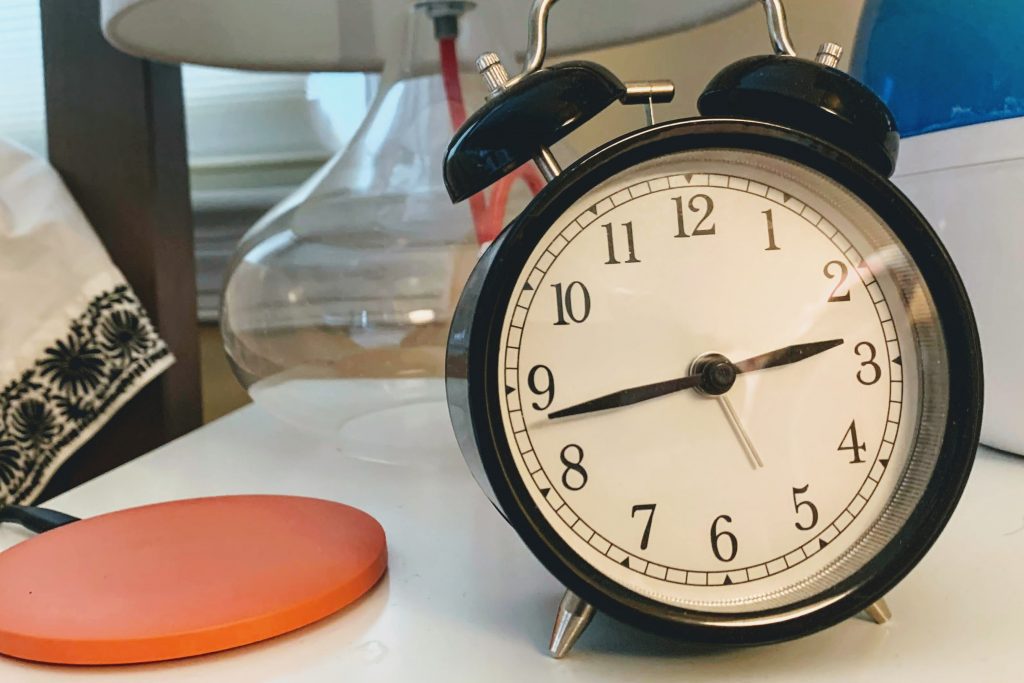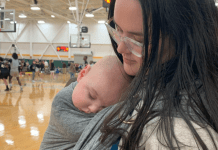Parenting is hard — and it’s even harder when you’re struggling with postpartum depression or anxiety, or both.
These internal struggles are real, but help is out there. In honor of Maternal Mental Health Awareness Week, I’m sharing a few messages I hope might help someone to find the help they need.

1. Don’t wait to ask for help.
If you are feeling off, don’t wait to ask for help. Even if you’re feeling just not quite yourself, talk to someone.
What if it’s just the baby blues? You might say. So what if it is? Talk to someone anyway, and then you’ll have a connection in place for another time.
I can work through it myself, you might say. And maybe you can. But parenting is hard enough. Allow yourself the gift of help in this arena.
The Mayo Clinic recommends seeking helping for postpartum depression if symptoms don’t fade after two weeks. I waited almost two years, wasting months and months on feeling awful because I believed I didn’t deserve or couldn’t have help.
Don’t wait. You deserve to be happy and you deserve to feel like you. There are no bonus points for bearing your struggles alone until you’re absolutely miserable. Get help as soon as you feel you need it.
2. Don’t take no for an answer.
If you’ve asked for help and gotten “no” for an answer, try someone else — another doctor, another friend, another counseling service.
A hard reality about mental health is that it can be difficult for others to see. On the outside, it might look like you are fine — and friends might say, “You don’t seem depressed,” or, “You don’t seem anxious to me.” But the truth is, no one is in your head but you — so power on and keep asking until you find what you need.
This goes for doctors and mental health professionals, too. I know how dispiriting it can be to hit a closed door. The first doctor I tried said there was “nothing” I could do. The first therapist I tried wasn’t accepting new patients. But I eventually found the help I needed — and you can, too.
3. You are not alone.
If you’re a mom with anxiety or depression, you’re part of a big club. Stats show that 1 in 7 women (and 1 in 10 men) will experience some form of postpartum anxiety or depression. I was stunned at how many moms had experienced the same feelings and panics that I had — and it made me feel so much less alone. Check out our Guide to Postpartum Mental Health.
Check out these Instagram accounts for a bit of reassurance and community:
- @anxiousmoms — Working mom of three shares her own experiences.
- @mombrain.therapist — Therapist and mom of three posts about the challenges of parenting and offers easy self-care ideas.
- @happyasamother — Canada-based mom therapist with a podcast and tons of resources.
- @postpartumsupportinternational — Helping parents with perinatal mood and anxiety disorders.
- @postpartumsupportva — Virginia’s resource for parents, professionals & communities addressing perinatal mood and anxiety disorders (PMADs).
Want to read more? Check out our other articles on mental health.















